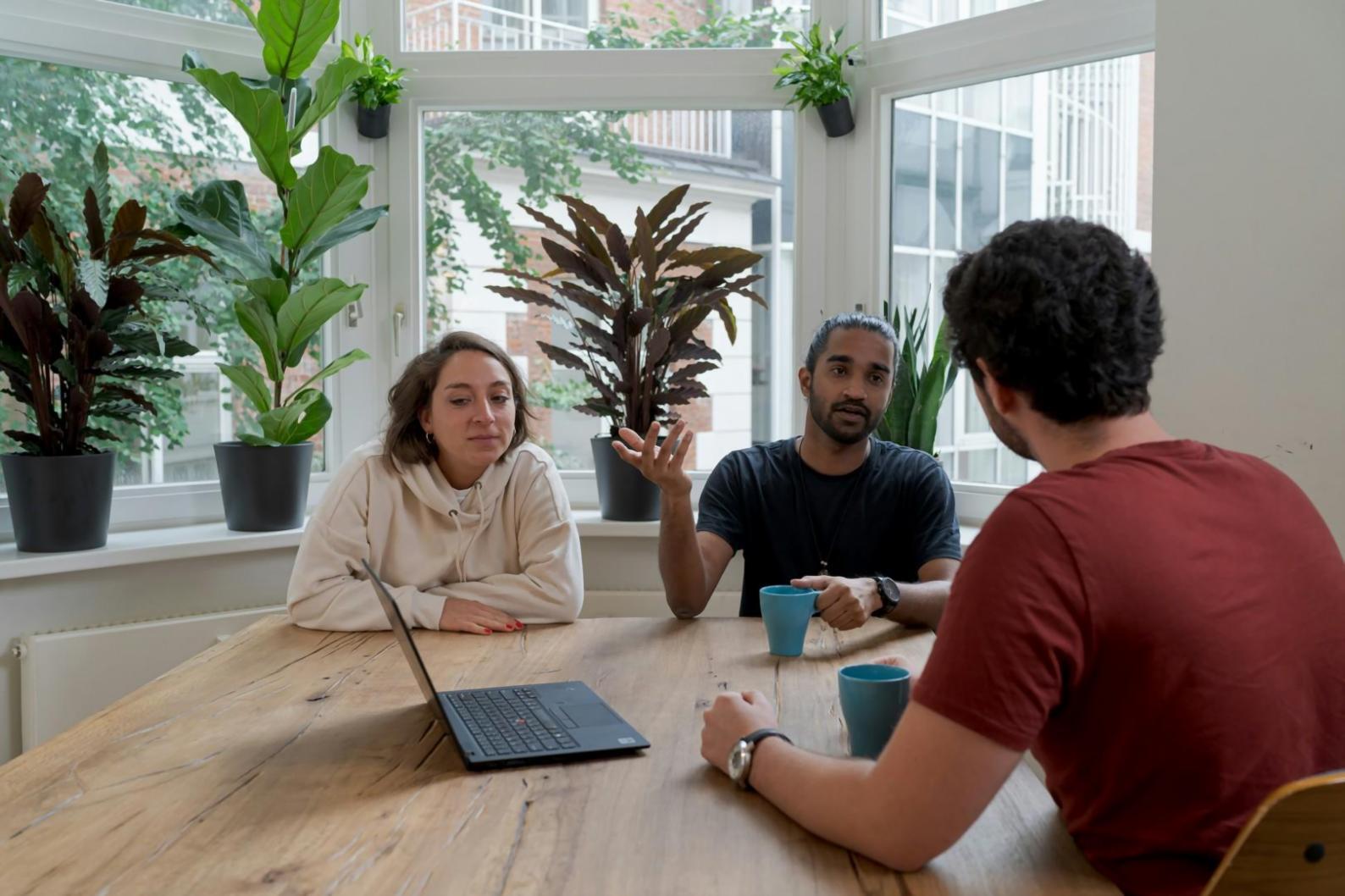Money Habits That Actually Stick Beyond February
Most Australians abandon their savings goals by autumn. We're showing you why that happens — and what to do differently this time. No motivational speeches. Just practical systems that work when life gets busy.
Start Where You Are
Look, you don't need a perfect budget spreadsheet or zero debt to begin saving. We help people figure out what's actually possible with their current situation — rent, bills, groceries, and everything else that eats into your pay.
Build Systems, Not Willpower
Relying on motivation is exhausting. Instead, our programs teach you how to automate decisions, create useful friction with spending triggers, and design your environment so saving becomes the easier choice.
Handle the Unexpected
Car repairs. Dental emergencies. Someone's wedding in Queensland. Life throws curveballs, and most savings advice ignores them completely. We show you how to plan for chaos without derailing everything.

Why Traditional Budgets Fail You
Most budget templates assume you earn the same amount every fortnight, never eat out, and have zero social life. That's not realistic for shift workers, freelancers, or anyone living in the real world.
Our autumn 2025 program teaches variable income budgeting — the method used by people who actually save despite irregular paychecks and unpredictable expenses.
This isn't about deprivation. It's about knowing exactly where your money goes and making conscious trade-offs that match your priorities.

The Three-Month Reality Check
January enthusiasm is easy. March consistency is hard. By May, most people have given up entirely.
We structure our programs around this reality. The first module focuses exclusively on surviving your first three months of habit change — when motivation vanishes and you're tempted to go back to old patterns.
Participants who complete this phase report maintaining their savings habits for over a year. The ones who skip it? Usually quit by Easter.

Small Changes Compound Differently
Everyone talks about compound interest. Few people discuss compound behaviour — the way tiny consistent actions reshape your entire relationship with money over time.
Our November 2025 intensive explores this concept deeply. You'll learn how saving weekly changes not just your bank balance, but your decision-making process, stress levels, and long-term options.
The goal isn't becoming wealthy overnight. It's building financial flexibility so you have choices when opportunities or emergencies appear.
What Changes When You Understand Your Money
Real feedback from people who've completed our programs and applied these principles in their daily financial decisions.

Hamish Vogler
Retail Manager, Armidale
I expected another lecture about cutting coffee and avocado toast. Instead, I learned why I kept sabotaging my savings — and what actually works for someone with ADHD and irregular shift patterns. Three months in, I've saved more than the previous two years combined. Not because I'm depriving myself, but because the system finally makes sense.
Ready to Build Financial Habits That Last?
Our next program begins in September 2025. Twelve weeks of practical frameworks, accountability systems, and real-talk about money — designed for Australians dealing with actual life complexity. Spaces are limited because we keep groups small enough for meaningful interaction.